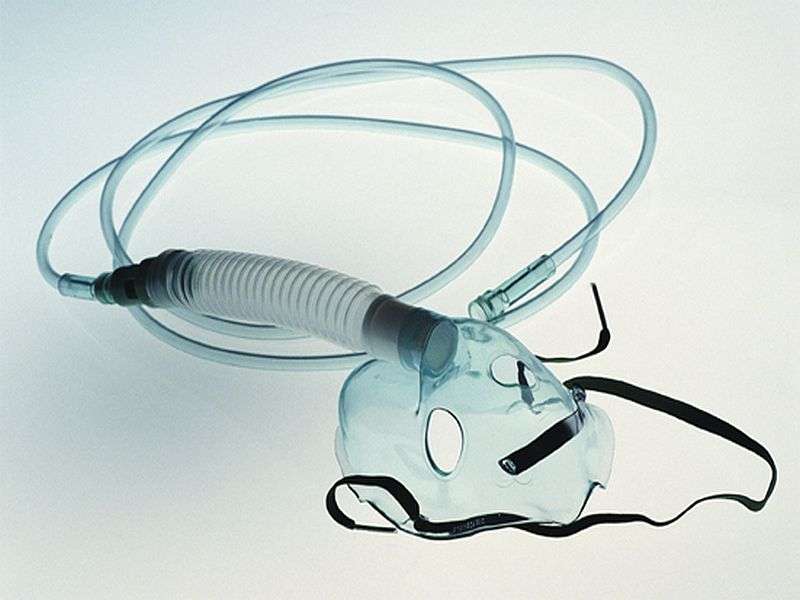Moderate, severe OSA linked to elevated blood coagulability

(HealthDay)—Moderate and severe obstructive sleep apnea (OSA) are associated with elevated blood coagulability markers, according to a study published online Aug. 17 in JAMA Otolaryngology-Head & Neck Surgery.
Seung-No Hong, M.D., from the Korea University College of Medicine in Ansan, South Korea, and colleagues conducted a retrospective cohort study at a tertiary care university hospital involving 146 patients with OSA. Participants were classified according to OSA severity into control (41 patients), mild (32 patients), moderate (30 patients), and severe (43 patients) groups.
The researchers identified a significant correlation between the apnea-hypopnea index and the prothrombin time (PT) in seconds and as international normalized ratio (INR). Significant differences were identified in PT seconds for the control group versus the moderate and severe OSA groups (mean, 11.26 versus 10.74 and 10.67, respectively). There were also significant differences in PT INR for the control versus the moderate and severe OSA groups (1.00 versus 0.95 and 0.94, respectively). No significant difference was seen in PT seconds between the control and mild OSA groups.
"These results suggest that patients with moderate-to-severe OSA have elevated blood coagulability markers compared with healthy individuals, which may contribute to the occurrence of cardiovascular complications," the authors write.
More information: Abstract/Full Text
Copyright © 2017 HealthDay. All rights reserved.



















